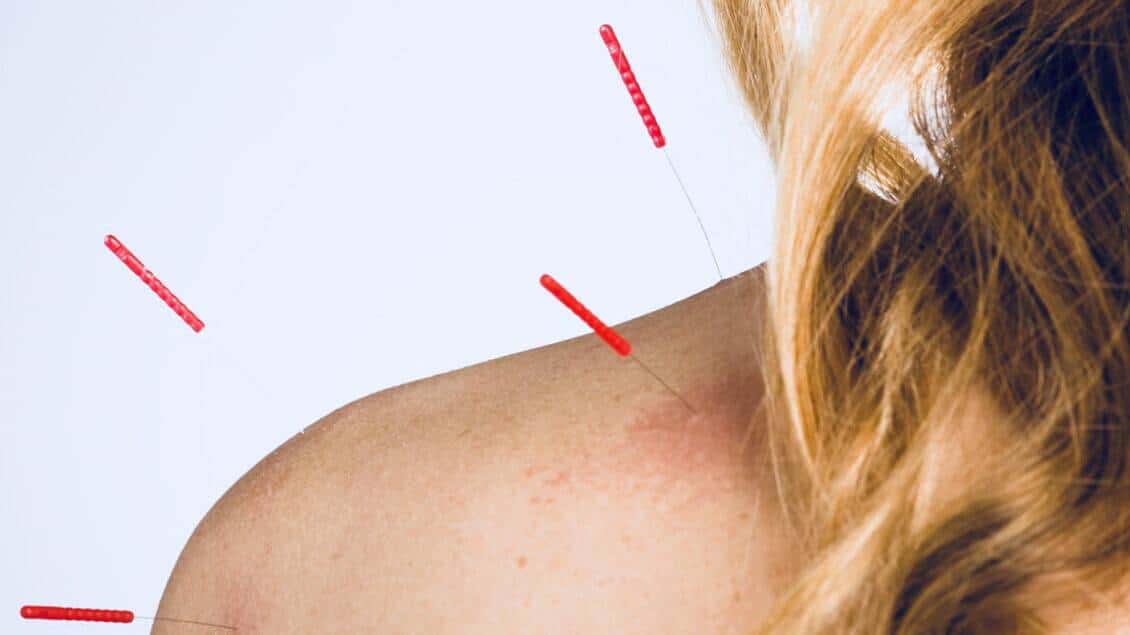Are seasonal allergies ruining your spring? It’s hard to enjoy a blue sky and a meadow full of wildflowers when all that you can think about is the pollen that’s just waiting to invade your sinus.
Fortunately, there are ways that you can fight back against allergies. There are steps that you can take to regain control of your health and enjoy the outdoors just like anyone else.
Are you ready to get rid of your allergies once and for all? Here are five suggestions.
1. Remove Irritants
The easiest way to avoid seasonal allergies is to stop them from happening in the first place. Instead of trying to reduce your sneezing and sniffling, take preventative measures so that you’re never bothered by them at all.
How can you stop allergens from sneaking into your life? While you can’t change the outdoor pollen index, you can reduce its impact on your home and office. Here are just a few ideas:
– Install a fly screen at your window. If you’re the type of person to enjoy a nice breeze on a spring day, make sure that you have screens in place before you throw open the windows. They’ll stop bugs and pollen bits from drifting into the building.
– Invest in high-efficiency particulate air (HEPA) filters. These filters have been shown to reduce airborne substances by as much as 99.97 percent, so they’re great for improving indoor air quality (1). They’re most commonly found in air purifiers.
– Wear a mask. You can purchase disposable surgical masks at a variety of drugstores. The best kind is the N95 respirator mask that will block 95 percent of allergens, but anything is better than nothing. It might look a bit funny to wear it in public, but it’ll be worth the fashion faux pas when you aren’t miserable all day because of your allergies.
– Check that pollen forecast. You don’t have to be a meteorologist to use a weather app. In fact, there are apps made specifically for allergy sufferers that monitor things like dust and pollen levels based on your zip code!
– Make an effort to be healthier. Allergies can strike anyone at any time, but if your immune system is already weak, you’ll probably feel them more than usual. Start drinking water and taking vitamins. You might even look into probiotics for better gut health. All of these things can shore up your body’s defenses for when seasonal allergies strike.
2. Change Your Diet
There are two ways that changing your diet can help you to avoid seasonal allergies:
– You can stop allergic reactions from happening in the first place. Were you aware that certain foods can actually trigger seasonal allergies? Nuts, fruits and vegetables can be mistaken by the body as pollen proteins rather than plant proteins. Coffee and alcohol can encourage the production of bodily fluids like mucus. Even yogurt is questionable as far as allergies are concerned. While you don’t have to completely cut these treats out of your life, you might be able to save yourself some tissues with a little dietary moderation.
Greasy foods are another danger when it comes to allergies. They usually break down in your body as hydrogenated fats, but if your body is already working overtime to deal with pollen and pet dander, the grease won’t be broken down as effectively as usual.
– You can treat allergies that you already have. Did you wake up this morning with stuffy nostrils and watery eyes? Don’t panic! It isn’t too late to make some modifications to your diet and reduce their impact on your health.
For starters, you can steer clear of dairy. Dairy products are well-known for increasing mucus production because of their casein content (2). Some people also have casein allergies that can cause hives, fevers, rashes and general flu-like symptoms that are often confused for seasonal allergies.
You might also want to limit your consumption of hot, spicy foods. While they can clear your sinuses on a short-term basis, there’s no evidence to suggest that they have a long-term impact as an allergy treatment. Sorry to all of the jalapeño lovers out there, but eating them won’t cure your sniffles!
3. Consider Herbs and Oils
Herbs and oils have been used in natural medicine for centuries, but few people realize that they can be just as helpful for seasonal allergies as things like pain, anxiety and insomnia.
The trick is figuring out which plant-based products are right for you. Everyone is different, especially when it comes to allergy triggers, so what works for your friend’s pollen problem might be completely useless for your sunshine sensitivity.
The best course of action is to make a list of things to try. You can go through them one by one until something makes a difference with your nose or throat. Here are a few things that you might put on your shortlist:
– Butterbur. It’s been clinically tested as a treatment for hay fever, and it can also be used to help migraines. (3)
– Timothy grass. Also known as “meadow cat’s tail” or “common cat’s tail,” this plant extract has been used in more than one allergy medication, and you can add it to your own home remedies as well.
– Lavender. Lavender oil is well-known for its calming, soothing properties, so if you want to relax in a hot bath after a long day of itchiness, add a few drops of lavender oil to the water. You can also put some in a burner or diffuser to fill the air.
– Eucalyptus. Eucalyptus is the opposite of lavender oil; its tingling sensation will make you feel alert even when your allergies are dragging you down. If you need to focus on school or work despite the rampaging dust mites all around you, consider eucalyptus.
– Lemon. The citrus content in lemon can work as a natural decongestant. Some studies suggest that it can shrink mucous cells as well. You can use it like any other essential oil.
– Peppermint. Peppermint oil is frequently used as an anti-inflammation ingredient in home remedies. As a bonus, it’s also effective at warding off spiders when you mix it with dish soap!
4. Go Alternative
Alternative medicine is one of the lesser-known ways to avoid seasonal allergies, but it can be quite effective if you know what you’re doing. Don’t believe any snake-oil talk about curing all of your afflictions by opening your chakras, but don’t be afraid to look into rare or unique treatment methods that your doctor might not have considered. For example:
– Aromatherapy. You’ve already learned about essential oils that can help with things like pain and inflammation, and aromatherapy is often used in conjunction with them. While relaxing fragrances won’t cure your allergies, they can make you feel less bothered by them.
– Acupuncture. There’s an ongoing debate about the efficacy of acupuncture as an allergy treatment. Some people say that it can improve circulation and promote a better nervous system response; others say that any relief experienced from acupuncture is a psychological response rather than a physical one. In either case, it won’t actually hurt you to try it.
– Stress relief. Mindfulness-based stress reduction (MBSR) uses meditation and breathing exercises to treat things like anxiety, depression and chronic pain. If your allergies are severe, it might bring you a little peace in the springtime.
– Harness the power of positive thinking. You might be surprised at how positive thoughts can turn into positive experiences. Use some mantras and affirmations to help you lessen or even avoid seasonal allergies by keeping your neurons at a happy frequency.
5. Hit Up the Medicine Aisle
If you aren’t having any luck with herbal or natural remedies, you might want to consider over-the-counter medication. There’s no shame in admitting that your allergies are simply too severe for a lemon spritz to fix!
The good news is that you’ll have plenty of options when it comes to allergy medicine:
– Antihistamines are one of the best ways to avoid seasonal allergies. They can stop sneezing, itching, swelling, eye-watering and nose-running, and you can try several different compounds to see which one works best. The most common antihistamines are loratadine (used in Claritin), fexofenadine (used in Allegra) and cetirizine (used in Zyrtec).
– Nasal sprays are good for flushing the irritants out of your nose. They can also soothe inflammation and reduce redness if you’re starting to look a bit like a snotty Rudolph. If you aren’t comfortable sticking a spray nozzle into your nose, you can usually find the same chemical compounds in things like neti pots and steam machines.
– Decongestants will work on your sinuses from the inside out, so they’re another common medication during allergy season. They’re available in both pill and spray form depending on the brand. Look for something with pseudoephedrine (Sudafed) or oxymetazoline (Afrin).
Don’t be discouraged if you’ve tried OTC medication before without any success. New products come on the market every day, and you never know which one might be your miracle cure!
Final Thoughts on Seasonal Allergies
You don’t have to let allergies ruin your spring. With the right treatment methods, you can enjoy sunny days and happy songbirds just like everyone else. Consider some of these anti-allergy remedies to feel better and live life to the fullest!















 Community
Community

